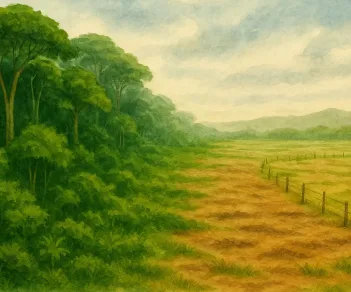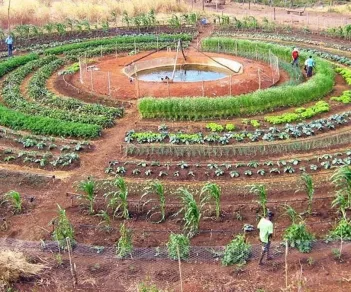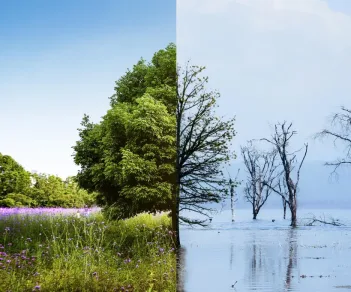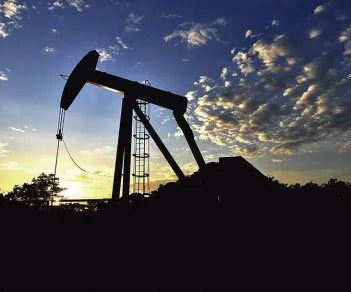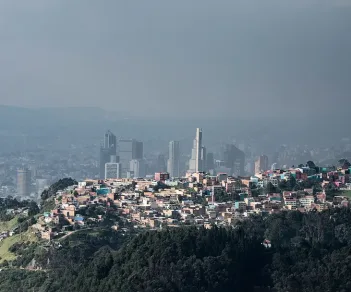The growth of material consumption is closely linked to population growth and an economic model that defines progress in terms of consumption. However, the planet has a finite carrying capacity, and each tonne extracted puts increasing pressure on ecosystems.
Between 2016 and 2021, humanity consumed more than 75% of the materials used during the entire 20th century. This figure, alarming on its own, reveals a paradox: while this increase reflects improvements in living conditions and lifting millions of people out of poverty, it also brings us face to face with the planet's physical limit.
The underlying problem: an extraction-based economy
The global economy continues to be based on an extractivist model, which assumes that growth can be unlimited. But this logic clashes with a physical reality: there is no planet capable of sustaining unlimited consumption. For every unit of economic growth, we continue to depend on the extraction of finite resources.
Although there is talk of major investments to "clean up" the economic system, the central problem remains the scale of our consumption.
Energy transition or cultural transition?
Climate conferences - such as the Bonn or COP meetings - focus the debate on how much money should be transferred from the global North to the global South to offset historical emissions. However, this conversation ignores an uncomfortable truth: the very structure of the economic system is unsustainable, even if we succeed in decarbonizing it.
A true transition will not only be energetic, but also cultural and structural. It will involve redefining what we mean by well-being and reorienting our aspirations away from consumption and towards regeneration.
The need to change the economic paradigm
Can we reduce consumption without collapsing the economy? Modern monetary theory and proposals such as a Green New Deal offer an alternative: governments can lead economic reconstruction processes without relying exclusively on market logic or tax collection.
Consumption as a status symbol
Today, much of consumption is concentrated on the artificial needs of the middle and upper classes. Changing this requires profoundly questioning the narratives of privilege with which we have grown up. It is a political, ideological and cultural transformation.
Regeneration or ecofascism?
The direction we take will determine whether we build a regenerative society or an exclusive model where only a few have access to resources within a collapsed planet. Unbridled consumption is no longer an individual choice, it is a civilizational dilemma.


